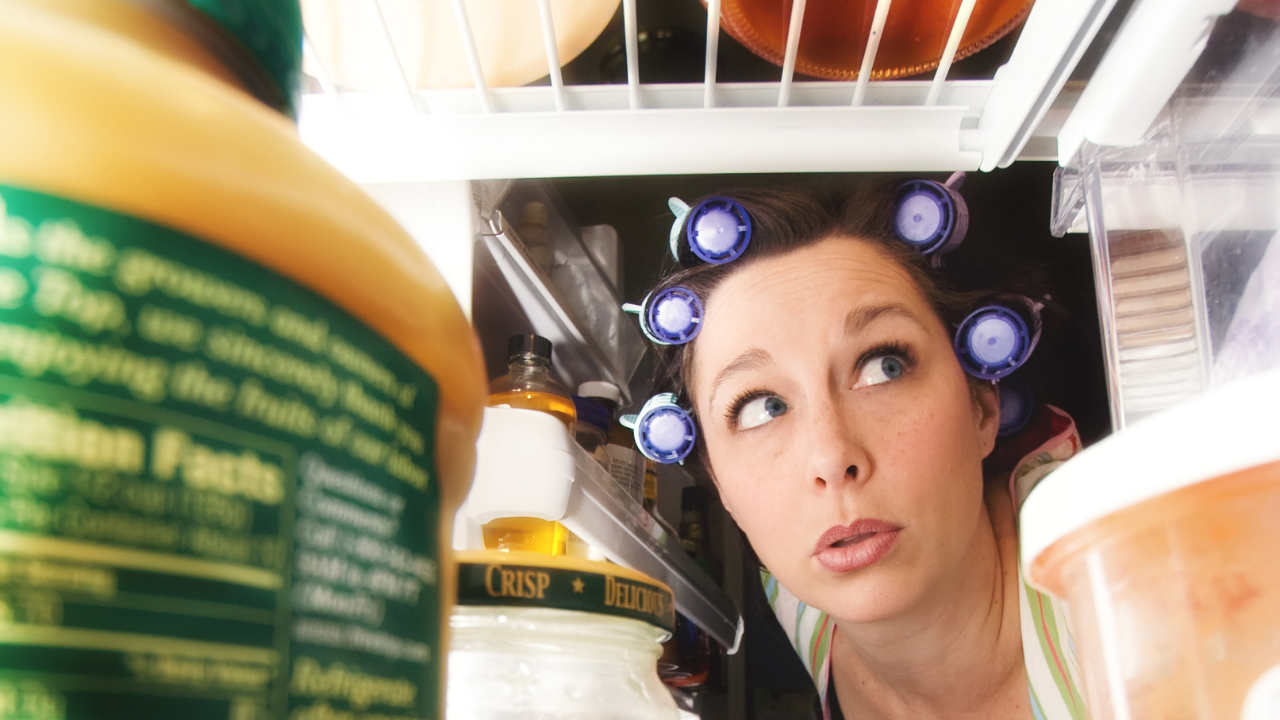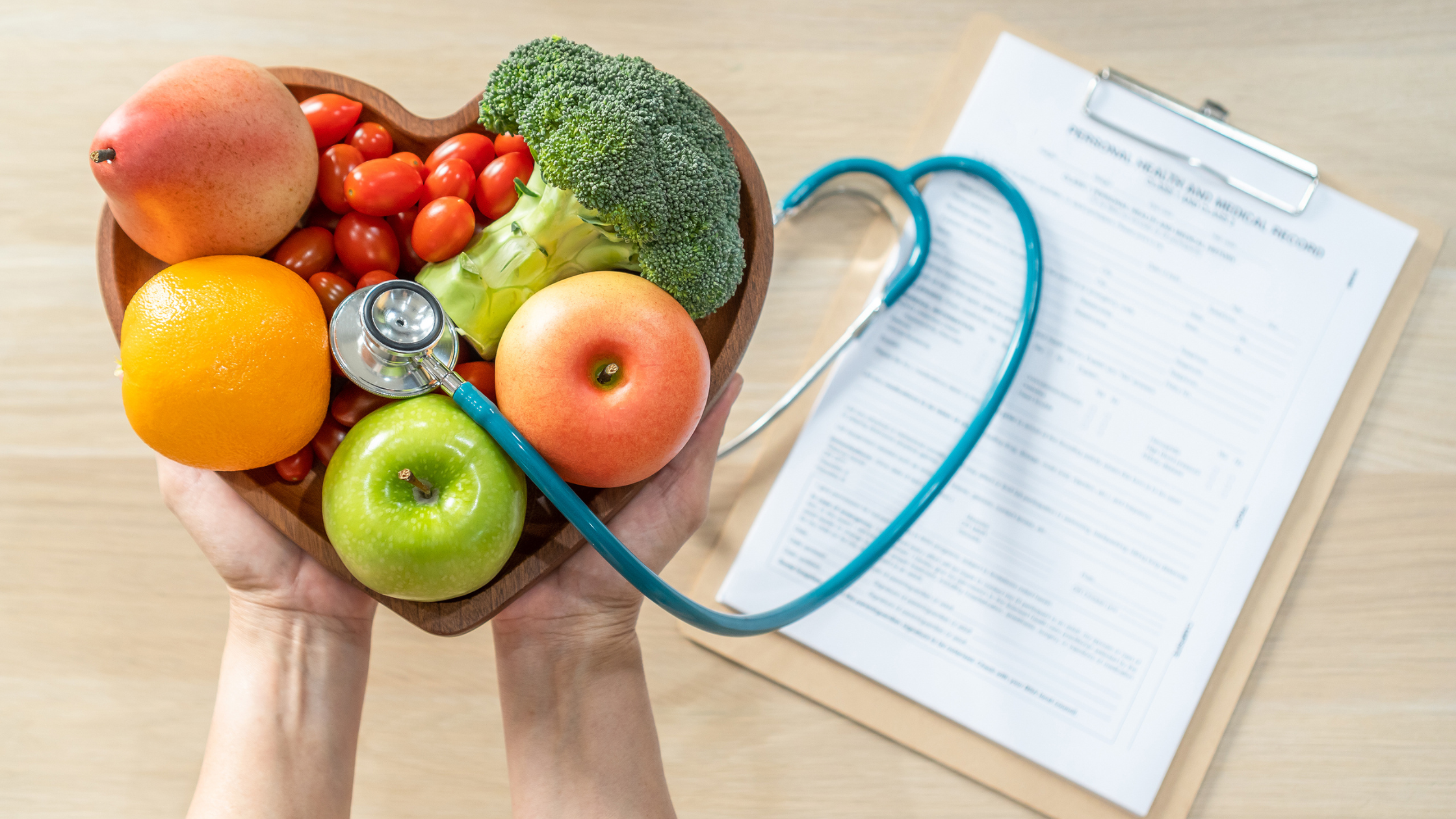What to Eat Before and After a Workout
A key part of practicing joyful movement includes properly fueling your workouts. Eating foods that make you feel good will ultimately lead to more fun and effective exercise sessions.
So what types of foods should you prioritize before and after your workouts so that you can feel your best during exercise and while recovering?
If you’re new here, hello and welcome! My name is Hannah and I am a non-diet dietitian here to help you improve your relationship with your food and exercise and finally find food freedom.
Table of contents:
The importance of pre-workout nutrition
Food is your body’s fuel. And when you exercise, your body needs extra fuel so that it can jump, run, lift, dance, or do any of the other types of movement that you like.
Eating a meal or snack before a workout will give your body the energy that it needs to properly participate in the exercise session.
What to eat before a workout
Carbohydrates
Carbohydrates are your body’s preferred source of fuel, making them the ideal nutrient to eat before a workout. When you eat carbs, your body digests them and converts them into glucose which can be used right away or stored as glycogen in your liver and muscles for your body to use when blood glucose is depleted.
When you do not eat enough carbohydrates before a workout, your endurance and output may suffer. Try to eat quick-digesting simple carbs prior to exercising to give your body the energy that it needs. Limit high-fiber complex carbs right before a workout because fiber will slow down the digestion process.
Protein
While carbs serve as the primary fuel before a workout, protein may also play a role. Protein can serve as a secondary source of fuel and also slow down carbohydrate digestion if you are not working out right away after eating.
Fats
Like protein, fats can also slow down carbohydrate digestion and may be helpful to include at your meal or snack if you are not planning on exercising right away. Fats also add flavor to your food and can make them more satisfying.
If you are planning on exercising within an hour of eating, limiting fat intake may be suggested to prevent an upset stomach. Fats take a long time to digest, so it may be best to include fats at meals a few hours before a workout.
Pre-workout meals
If you prefer to eat a meal 2-4 hours before exercise, here are some ideas:
Tuna or chicken salad sandwich
Oatmeal with berries, honey, and peanut butter
Ground turkey, sweet potato, and green beans
Salmon, rice, and broccoli
Egg and cheese sandwich on a bagel or English muffin
Pre-workout snacks
If you prefer to eat a snack 30-60 minutes before exercise, here are some ideas:
Granola bar
Banana
Applesauce
White bagel with low-fat cream cheese
Low-fat Greek yogurt with berries
Trail mix
Fruit juice
Cereal with low-fat milk
When to eat before a workout
No matter what type of exercise you are participating in, I recommend incorporating some pre-workout fuel. This might look like a small carb-rich snack or a larger, more balanced meal depending on how much time there will be before you eat and when you actually start your workout.
The general rule of thumb is the closer you are to the workout, the simpler your carbs should be. If you will be working out within the hour, try to avoid high-fiber complex carbohydrates as well as fats, as these will slow down the digestion and potentially lead to gut distress.
Here are some more specific guidelines for nutrient timing:
2-4 hours before a workout: include complex carbohydrates, protein, and fats (if tolerated).
30-60 minutes before a workout: include simple carbs and possibly a protein source to prevent early fatigue.
All this said, eat what makes you feel the best. Play around with types of foods, portion sizes, and meal timings and see what works for you.
What about fasted exercise?
To eat or not to eat? Some individuals prefer to exercise in a fasted state, meaning that they do their workouts on an empty stomach. This tends to be practiced by those who exercise early in the morning. Fasted exercisers may have a cup or coffee or a pre-workout supplement for energy before starting their workout.
Advocates of fasted exercise do so because of the claim that they may burn more body fat by being in the fasted state. Without glucose (carbs) available for fuel, the body may tap into fat stores instead. However, we must look at the big picture. The difference of calories burned will likely be minimal when considering the context of your overall diet.
So should you be doing fasted exercise? As a dietitian, I generally do not recommend fasted exercise due to the risk of hypoglycemia (low blood sugar) and symptoms such as dizziness and fainting. If you don’t have much of an appetite in the morning but you know that you would benefit from some simple carbs, you might have a sports drink or juice if you don’t feel like you can stomach solid food.
If you do identify that your workouts feel best on an empty stomach, that is always your call. You know your body best. That said, I do encourage you to assess your motivations for doing fasted exercise and ensure that you are not under-fueling, as this can lead to negative consequences down the road including muscle and bone loss. Save the fasted exercise for short, light workouts and be sure to refuel afterwards. Perhaps do any longer, more intense exercise later in the day after you are able to stomach some food.
The importance of post-workout nutrition
Eating after a workout is necessary to replenish energy stores, rehydrate, and repair and rebuild muscles.
What to eat after a workout
Protein
High protein intake is typically recommended after an exercise session to help repair the muscle tissue that was broken down during your workout. This might include around 20-40 grams of protein total between recovery meals and snacks.
Do you need to drink a protein shake after working out?
When you hear post-workout nutrition, you might envision someone drinking a protein shake in a blender bottle immediately after working out. But do you actually need to consume protein shakes after exercising?
Protein powders and protein shakes are simply convenient sources of protein. Some individual may find them helpful for meeting their daily protein goals and ensuring that they get a dose of protein in after exercise. However, it is not a necessity to have a protein shake after working out. Choosing any form of protein will suffice.
If you are interested in utilizing a protein supplement to help you meet your protein needs, these are some of my favorites.
Carbohydrates
Along with protein, carbohydrates will also be needed in your recovery meal or snack. Eating carbs will stabilize blood sugar levels and replace glycogen stores that were used up during the workout.
Fats
Because fats can slow down digestion, they are not always ideal immediately after exercise as your body is trying to efficiently replenish what was used during the workout.
If you are eating a recovery snack shortly after exercise, it may be best to omit fat-rich foods and include them later at a meal.
Fluid and electrolytes
You will likely lose fluids during exercise, especially if you are a heavy sweater. It will be important to hydrate before, during, and after exercise.
Water may be all that you need if your workout was under an hour and was low in intensity. If your workout was long or intense, if you tend to sweat a lot, or if you live in hot and humid conditions, it will likely be beneficial to replenish electrolytes as well for more effective rehydration.
Post-workout meals
Turkey wrap with cottage cheese
Grilled chicken sandwich with baked potato
Scrambled eggs, toast, fruit
Rice bowl with steak and beans
Pasta with ground beef and tomato sauce
Post-workout snacks
Low-fat chocolate milk and banana
Protein smoothie with fruit, low-fat yogurt, protein powder, and low-fat milk
Cottage cheese and fruit
Crackers and hummus
When to eat after a workout
There has been much debate about how soon you should consume your post-workout meal in order to optimize protein synthesis. Some experts stress that it is vital to eat your recovery snack within 30 minutes of exercise and then a meal within two hours.
While protein timing may play a role in muscle recovery and growth, what is likely more important is total protein and energy intake throughout the day, especially for those who are participating in low to moderate bouts of exercise.
I suggest trying to space out out protein intake every few hours throughout the day and aiming for a high protein (and carb) meal or snack shortly after exercise if you can. Try not to sweat the small stuff.
If you find it difficult to eat shortly after exercising, choosing something small like low-fat chocolate milk or a protein fruit smoothie may be ideal. These can help to hold you over until you are ready to consume a larger, more balanced meal.
Bottom line
Eating before and after exercise is a great way to make your workouts more enjoyable and to improve your strength and stamina.
While the recommendations in this post are a good starting point, sports nutrition is highly individualized and there are not any absolutes. Try different foods, portion sizes, and nutrient timings to see what best fuels your workouts and recovery.
What are your favorite pre- and post-workout meals and snacks? Leave a comment below!
Follow along
Featured YouTube video
Want more help on your diet ditching journey?
Join my signature membership to become part of a community of ex-dieters working towards food freedom and making peace with food so they no longer need to cut out their favorite foods.



































